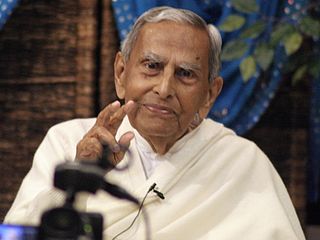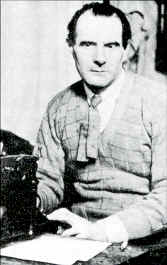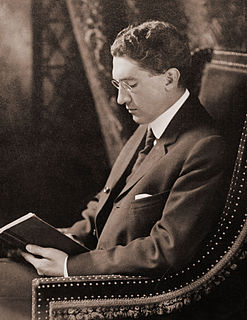A Quote by Honore de Balzac
Love, according to our contemporary poets, is a privilege which two beings confer upon one another, whereby they may mutually cause one another much sorrow over absolutely nothing.
Related Quotes
Spiritual Love is born of sorrow. . . . For men love one another with spiritual love only when they have suffered the same sorrow together, when through long days they have ploughed the stony ground buried beneath the common yoke of a common grief. It is then that they know one another and feel one another and feel with one another in their common anguish, and so they pity one another and love one another.
My message is to get human beings to love God, love their neighbor and for the life of me I just don't see the downside of human beings not being so mean to one another and actually care for one another and not steal from one another and not murder each other for their tennis shoes. That's the message I have.
EARTH DAY uses one of humanity's great discoveries, the discovery of anniversaries by which, throughout time, human beings have kept their sorrows and their joys, their victories, their revelations and their obligations alive, for re-celebration and re-dedication another year, another decade, another century, another eon.
The church exists primarily for two closely correlated purposes: to worship God and to work for his kingdom in the world ... The church also exists for a third purpose, which serves the other two: to encourage one another, to build one another up in faith, to pray with and for one another, to learn from one another and teach one another, and to set one another examples to follow, challenges to take up, and urgent tasks to perform. This is all part of what is known loosely as fellowship.
When I say God it is poetry and not theology. Nothing that any theologian has written about God has helped me much, but everything the poets have written about flowers and birds and skies and seas and saviors of the race, and God - whoever He may be - has at one time or another reached my soul!...The theologians gather dust upon the shelves of my library but the poets are stained with my fingers and blotted by my tears.
There is another temptation which we must especially guard against: the simplistic reductionism which sees only good or evil; or, if you will, the righteous and sinners. The contemporary world, with its open wounds which affect so many of our brothers and sisters, demands that we confront every form of polarization which would divide it into these two camps.







































